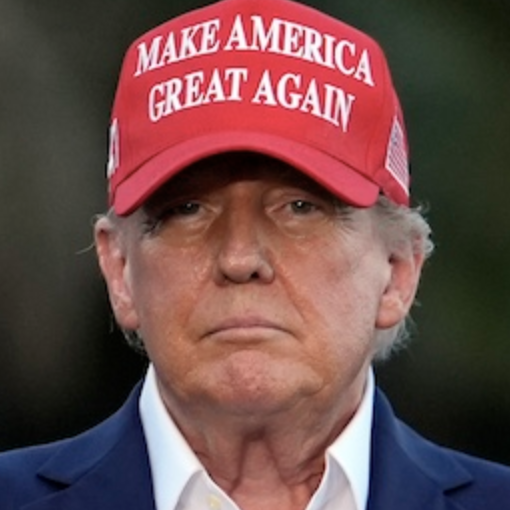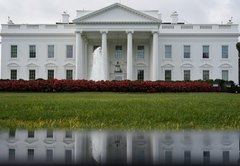Challenge limits on the president’s ability to cut federal spending
Donald Trump
“I will use the president’s long-recognized impoundment power to squeeze the bloated federal bureaucracy for massive savings."
MAGA-Meter: Trump's Second Term

In the Works

